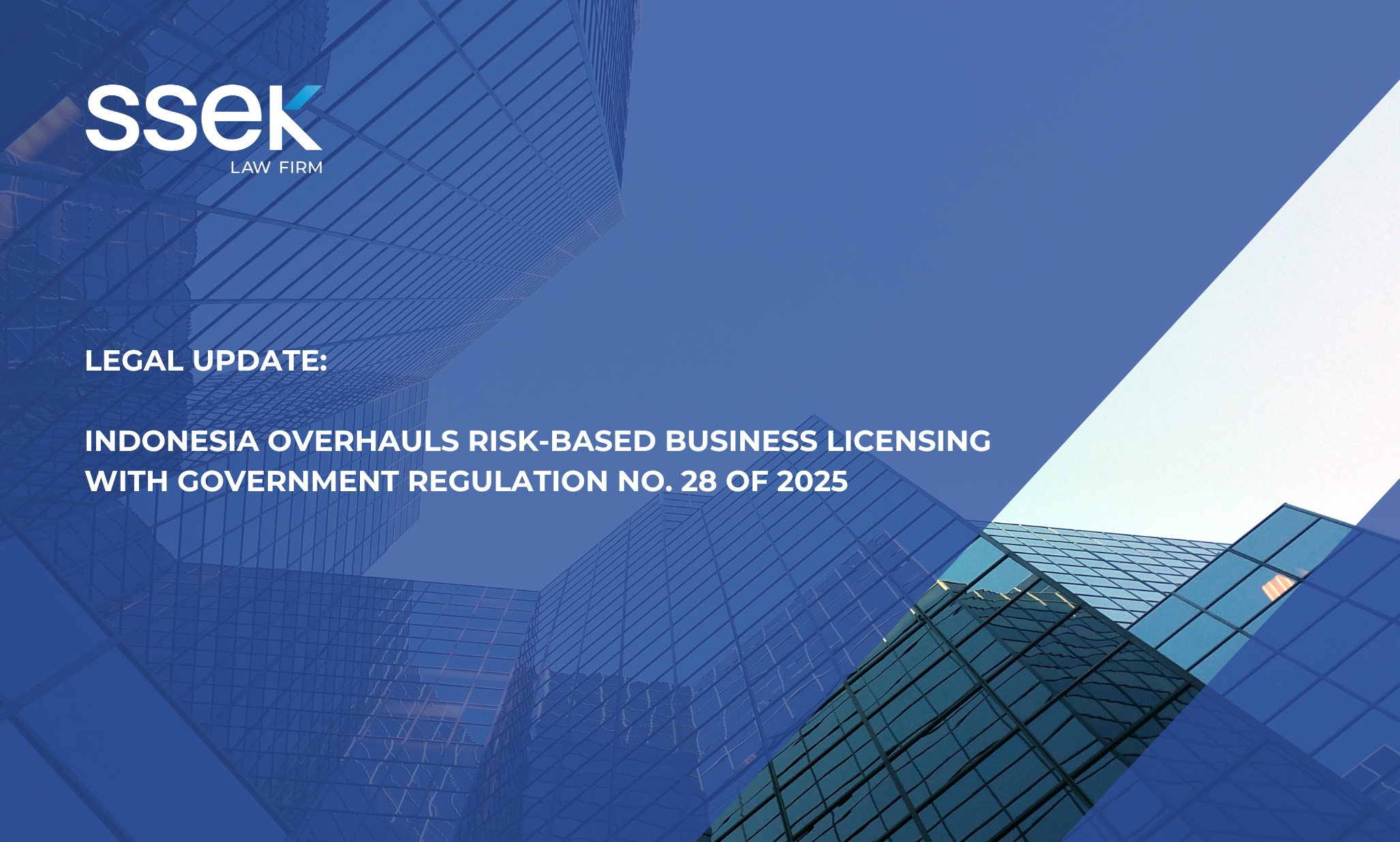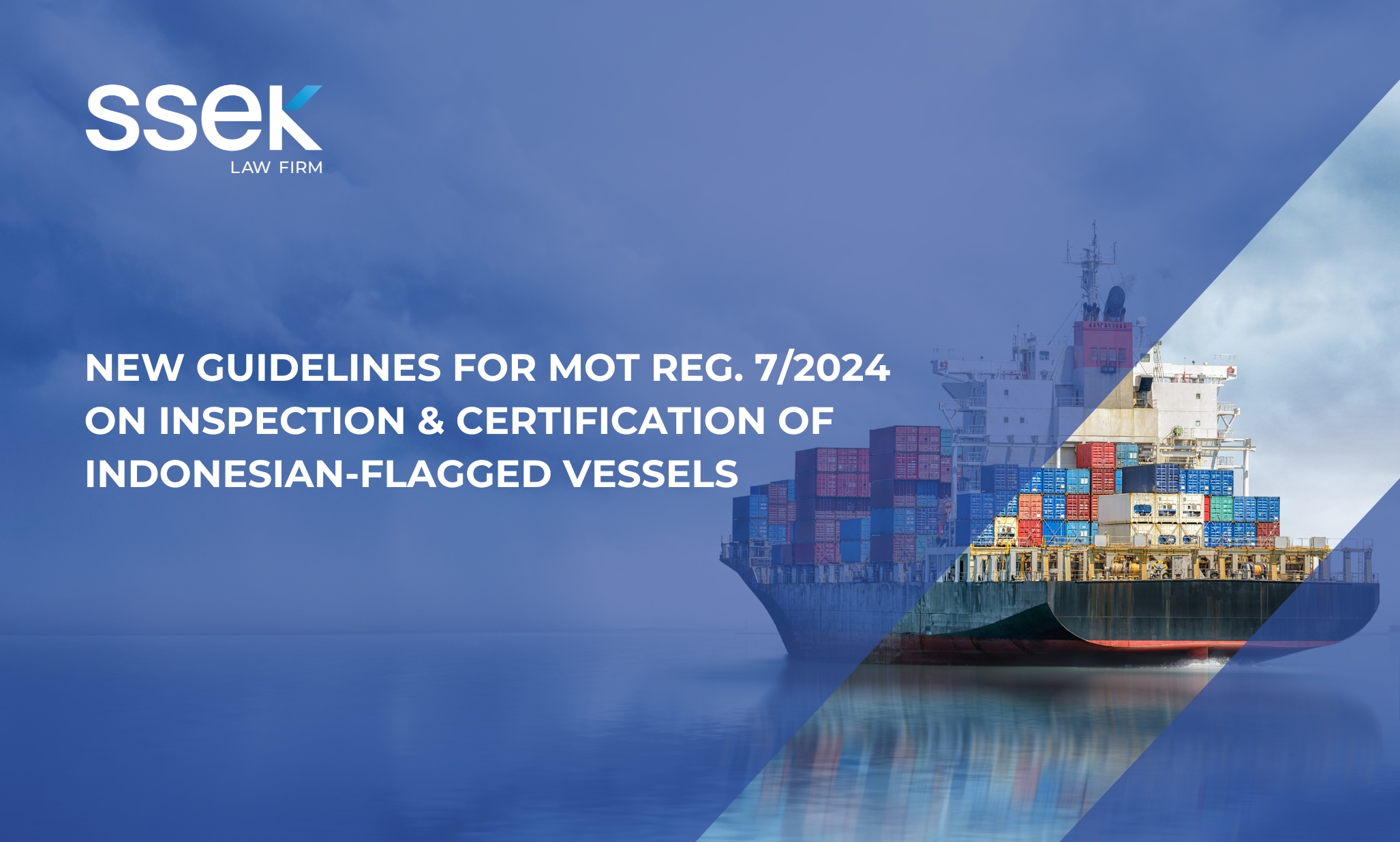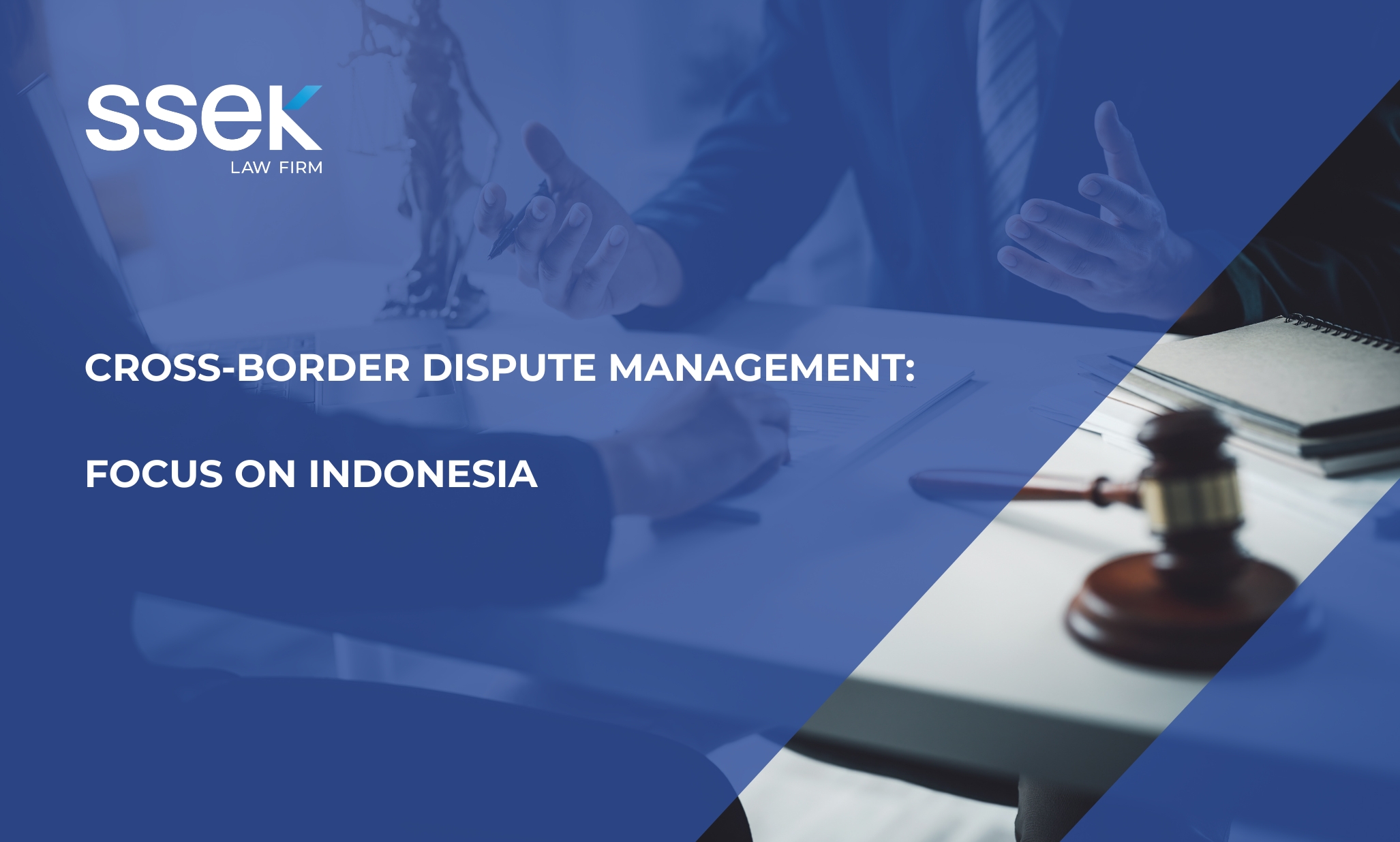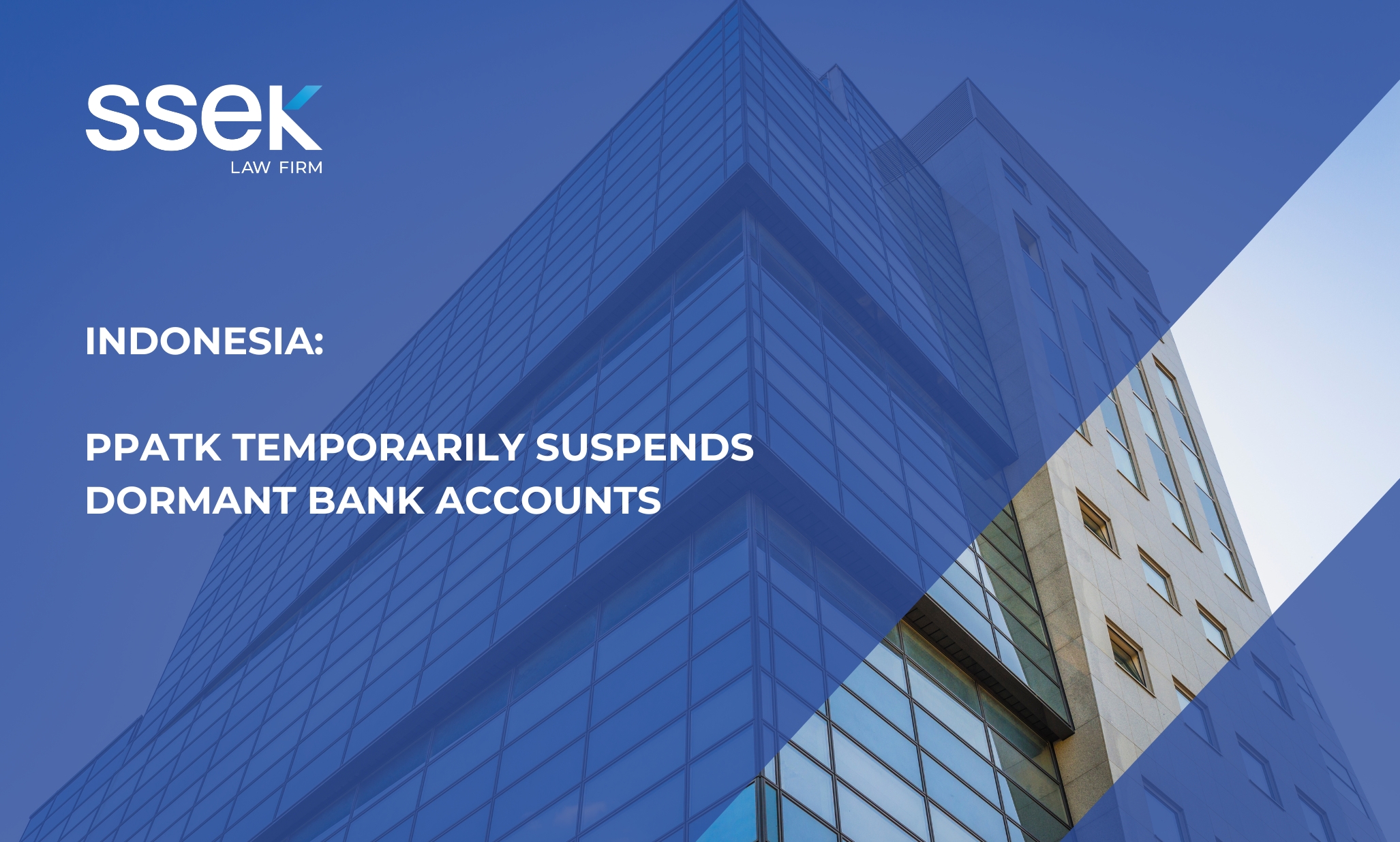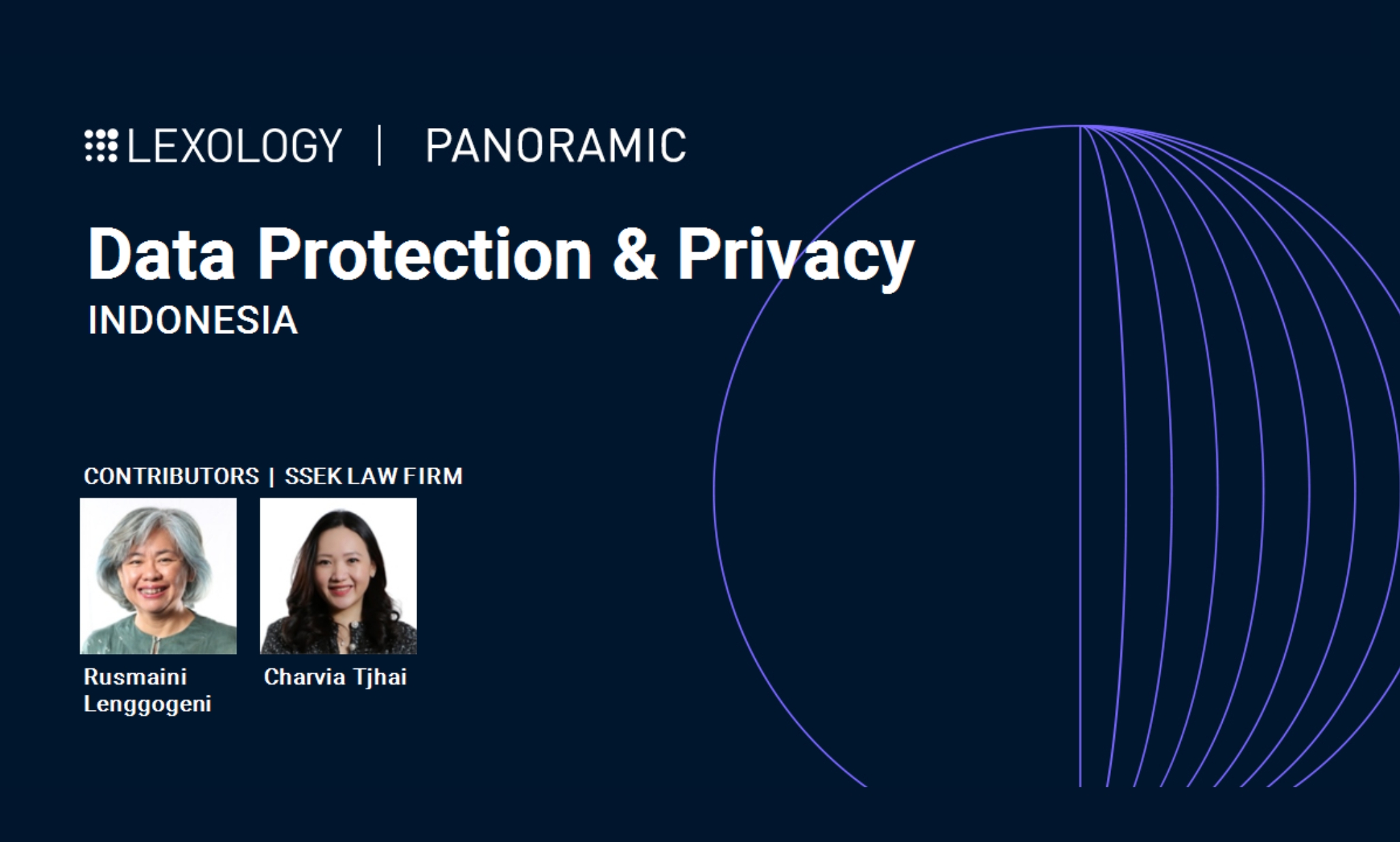

By Stephen Igor Warokka and Albertus Jonathan Sukardi
The COVID-19 outbreak has forced most of us to adapt to new ways of working and doing business. We are attending online meetings instead of physical ones, webinars have replaced seminars, and we are e-filing whatever documents we can. Countries around the world have imposed physical distancing, travel bans and lockdowns. In Indonesia, many businesses have shut their doors and people are working from home to abide by the large-scale social restrictions enforced by the central and regional governments.
This new normal for business poses the question of how to conclude transactions, submit applications, execute corporate actions, and otherwise keep the economy moving. The answer is not a new innovation, but one that is taking on new significance, at least in Indonesia - electronic signatures. E-signatures allow businesses, government agencies and related parties to exchange consents and documents safely and validly through the internet during the COVID-19 lockdown.
This article discusses the legality and utility of e-signatures under Indonesian law, especially during the COVID-19 situation.
E-Signatures at a Glance
A common misconception is that an e-signature is a handwritten signature that is scanned and then made in a digital format such as a pdf or jpeg. This is not the case.
An e-signature is a signature made from electronic data produced by configured hardware or software. A handwritten signature is made from muscle-drawn strokes of a pen\'s ink on a piece of paper and is unique from one person to another, while an e-signature is made from personal, biometric, cryptographic or other codes configured by software/hardware so it is unique from person to person.
An e-signature functions in the same manner and serves the same purpose as a handwritten one. When a message is executed with a handwritten signature, the reader or receiver automatically perceives such message as being sent by the signatory. An e-signature enables the signed message to be verified and authenticated as being sent by the e-signature signatory. It also ensures the message\'s integrity and originality and ensures that the message is unaltered.
Both handwritten signatures and e-signatures are unique, authentic and distinct to each person. And, most important, both types of signature can be authenticated and verified using their own methods, i.e. handwritten signatures through the art of typography, and e-signatures through cryptography and computer science.
Indonesian Law and E-Signatures
The Indonesian legal framework for e-signatures is not new. Law No. 11 of 2008 regarding Electronic Information and Transactions, as amended by Law No. 19 of 2016 (the \"EIT Law”), laid the foundation for e-signatures. Article 11 paragraph 1 of the EIT Law provides that an e-signature is acceptable and has binding legal force if certain requirements are met. Government Regulation No. 71 of 2019 on the Implementation of Electronic Systems and Transactions (\"GR 71/2019”) distinguishes between two types of e-signature: certified and uncertified. The main difference is that a certified e-signature has stronger evidentiary value; some legal practitioners contend it has the same evidentiary value as an authentic deed. This is crucial if the document is to be used in court proceedings where the parties need to prove the authenticity of the e-signature.
In specific sectors, the use of e-signatures has gained wider recognition and legal foundation. For instance, in the financial technology sector, Indonesian Financial Services Authority (\"OJK”) Regulation No. 77 of 2016 regarding Technology-Based Loan Provision Services explicitly recognizes the use of e-signatures in fintech loan agreements. And OJK Circular Letter No. 18/SEOJK.02/2017 regarding Information Technology Risk Management for Technology-Based Loan Services stipulates the procedures for using an e-signature.
In the Indonesian judicial system, the Supreme Court issued Supreme Court Regulation No. 1 of 2019 regarding Electronic Case Administration and Court Hearings, which was further implemented by Chief of the Indonesian Supreme Court Decree No. 129/KMA/SK/VII/2019 regarding Technical Guidelines for Electronic Case Administration and Court Hearings.
Particularly for agreements and contracts, the use of e-signatures can make the process simpler and faster, particularly in a situation like the current one with COVID-19. An agreement signed by e-signature will have valid and binding legal effect on the concerned parties as long as the agreement adheres to the requirements under Article 1320 of the Indonesian Civil Code, namely competence, consent, a certain matter and permissible cause, regardless of whether the medium is paper, a pdf document or a verbal record.
Certified Versus Uncertified E-Signature
As mentioned above, GR 71/2019 recognizes certified and uncertified e-signatures, with the difference in the evidentiary value. In our daily lives, uncertified e-signatures occur every time we subscribe to a newsletter or download an app on our phone by clicking the \"I agree” or \"Yes” button. To use these types of uncertified e-signatures in court proceedings as evidence would require digital forensics. It is much easier to present certified e-signatures in court proceedings because they have been authenticated and verified by certified providers. For evidentiary purposes in Indonesia it is necessary to use a certified e-signature provider that is registered in Indonesia and has been certified by the Indonesian Ministry of Communications and Information (\"MOCI”). According to the MOCI website, there are six Indonesian certified e-signature providers. They are the (i) Agency for the Assessment and Application of Technology (Badan Pengkajian dan Penerapan Teknologi or \"BPPT”); (ii) State Code and Cyber Agency (Badan Siber dan Sandi Negara or \"BSSN”); (iii) Perusahaan Umum Percetakan Uang Republik Indonesia (Perum Peruri); (iv) PrivyID; (v) Vida; and (vi) Digisign.
The first two institutions are government agencies, while the other four are state or private companies.
Obstacles and Issues
Although e-signatures are technically regulated and there are now several certified e-signature providers, there continue to be issues in terms of the use of e-signatures in practice. One of the bigger problems is the discrepancy in infrastructure readiness, as well as a lack of awareness in some governmental institutions. In certain sectors and certain services, such as notarial deeds, e-signatures are rarely used for any number of reasons.
We were told by a Central Jakarta District Court official that most courts, even those in DKI Jakarta, are still reluctant to accept e-signatures and prefer documents with handwritten signatures that can then be scanned and submitted by email or through the court\'s electronic platform. Notaries generally still require all documents, such as shareholders resolutions, to be signed manually before they execute the notarial deeds due to regulations on the notary profession, as well as out of a sense of caution.
The use of e-signatures has become more common in other areas such as consumer agreements, inter-company transactions and multimedia subscriptions.
Conclusion
We are living in a digital age and e-signatures have a role to play in transactions and agreements, and in helping companies cut expenses for transportation, couriers and paper. That is even truer in the face of a situation like COVID-19. The legal climate and business trends in Indonesia have kept the practice of e-signatures in motion. But caution is necessary and not all signatures, electronic or handwritten, will be treated the same. It is best to consult with your counterparty, notary or relevant government institution, and it is recommended to use an e-signature provider certified in Indonesia to ensure the legality of the action/document you are signing.
This publication is intended for informational purposes only and does not constitute legal advice. Any reliance on the material contained herein is at the user\'s own risk. You should contact a lawyer in your jurisdiction if you require legal advice. All SSEK publications are copyrighted and may not be reproduced without the express written consent of SSEK.




